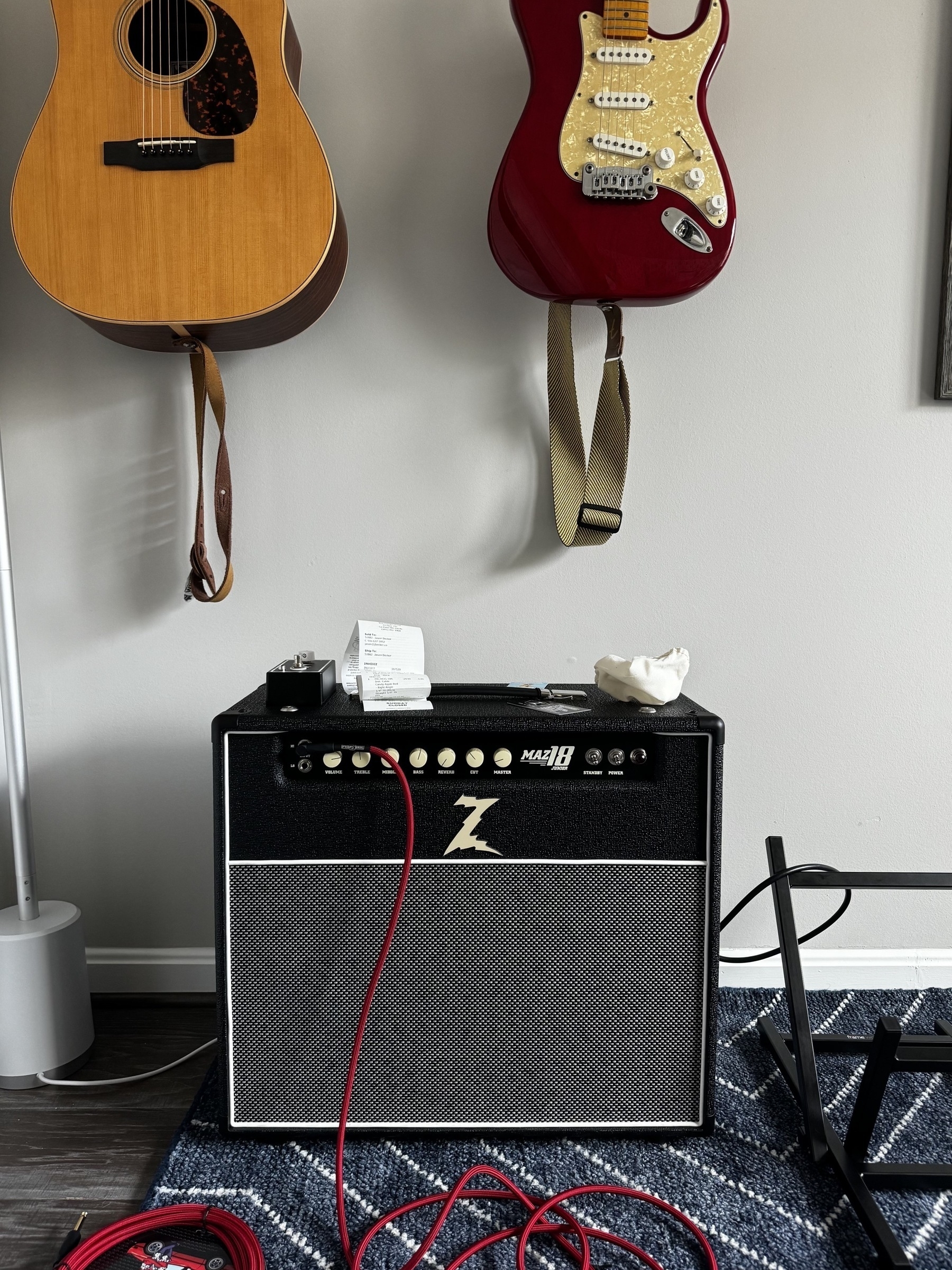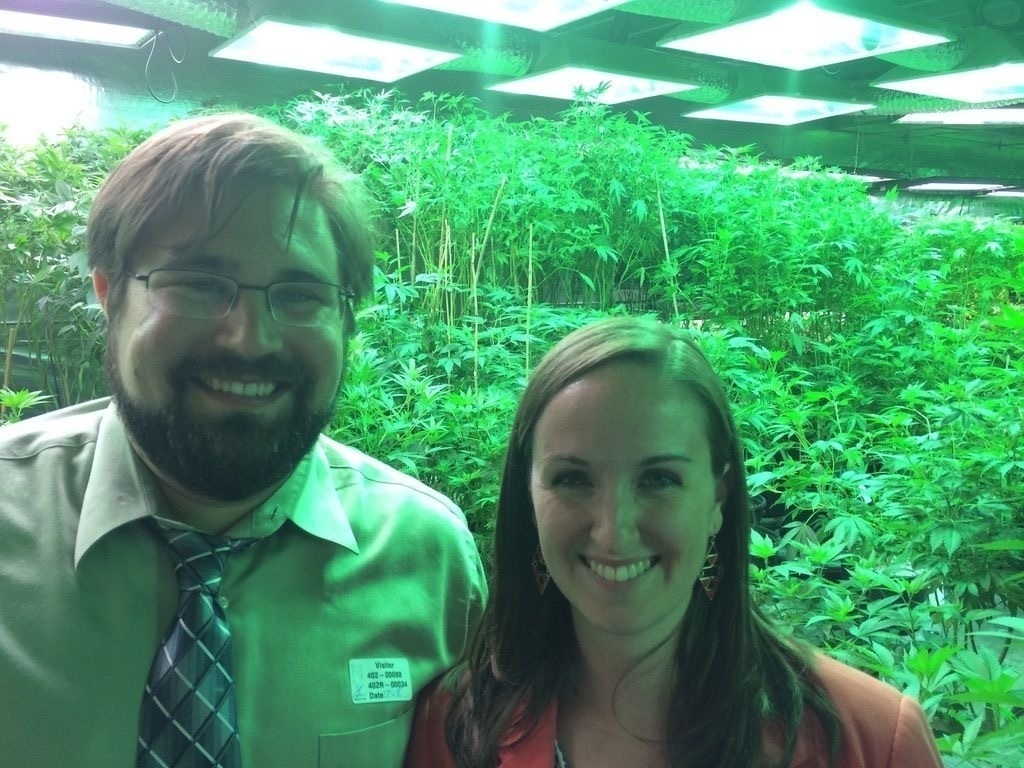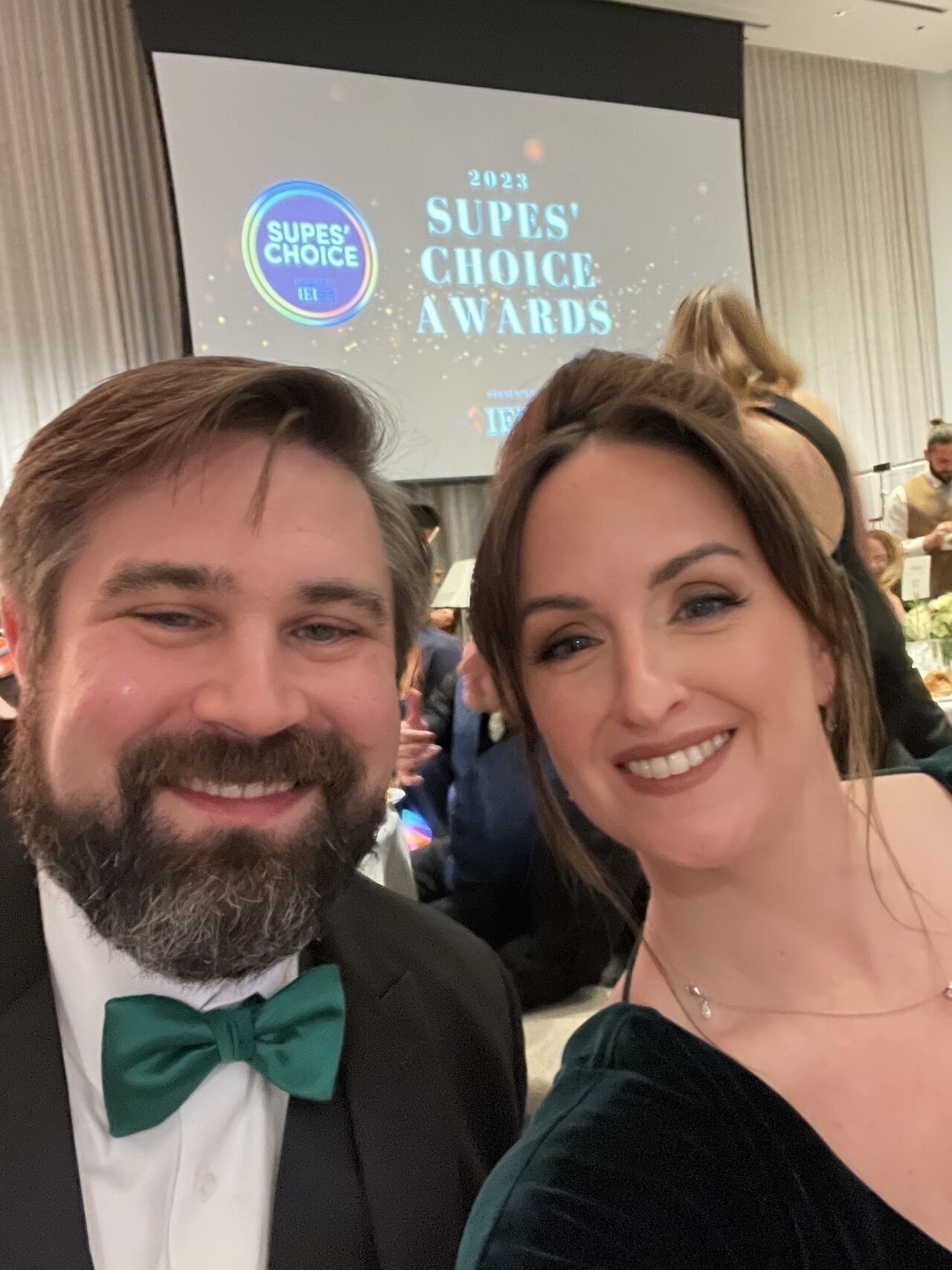Everything I read about Silicon Valley’s support of Trump comes down to this:
These are people who believe in spending massive amounts of public money to enrich themselves while they make shitty tunnels under Las Vegas or drop off scooters on city sidewalks or chase self-driving cars, so firmly believing that these are total solutions ready to solve all problems right now, in complete ignorance of any existing systems or mechanism or solutions that exist.
These are the folks who reinvent busses or trains, but do so in a way that will make them rich, and therefore, they’re better. Except in practice, each time we follow their lead we end up with something worse than what the rest of the world gets through competent government. These are the folks who think the solutions are $600 home test devices for COVID and not wearing a mask. These are the folks who will block real solutions while they waste money failing over and over to solve big problems and then walk away without a consequence. These are the folks who think the only thing we have to learn from each other or other countries is what cannot yet be exploited for profit by a Stanford drop out building something 1/8th as good for 10x the price.
These are the people who think the best things that have happened over the last fifteen years have come out of Silicon Valley, even though virtually all of those things are not profitable and have come with major downsides.
I work in tech. I think a lot of cool stuff is being built and a lot of good work is being done. But tech is a mature industry, and most of what is interesting these days has to do with bringing the things we learned from 2000-2015 about how to use software into places that have not yet modernized. We’re at the tail end of what’s interesting and good and novel. Software technology has very little left to change in a major way. And the entire ethos of a16z and the like has utterly failed to produce breakthroughs in computer hardware, biological sciences, energy, environment or any other major sector. The last decade of innovation has been entirely about reducing friction in commerce. That’s it. And it’s not that profitable and will end up with a very small number of winners.
The major successes in tech are largely SaaS companies selling tooling to hopeful SaaS companies. It’s a spiral-jerk that ends in an easier buying experience online or shitty advertising.
The problems we face in the US, and the problems faced by folks throughout the world, will not be solved on Sandhill Road. And the thing is, they all know this. Support for a monstrous fascist like Trump is the warning sign. It’s just like how companies don’t move to Texas to be great, but instead to squeeze margin out of cost cutting everywhere you can when you no longer capable of growth or innovation. The Trump-Vance ticket has the support of Silicon Valley because their goal is to have government give up. Elon Musk pushed the hyperloop to stop California high speed rail. And in that space, Silicon Valley can try and convince us to drive self-driving electric cars underground. When that doesn’t work, they walk away, and the problem remains unsolved. In the meantime, we’ve wasted billions and they’ve made millions off of carry fees. When the government isn’t even trying, it creates space for charlatans to step in.
Think of all the problems Silicon Valley won’t solve, but can look great telling LPs that they’re part of the solution. Doesn’t it feel better to be part of the solution and make a profit instead of paying taxes? Never mind nothing will be solved.



